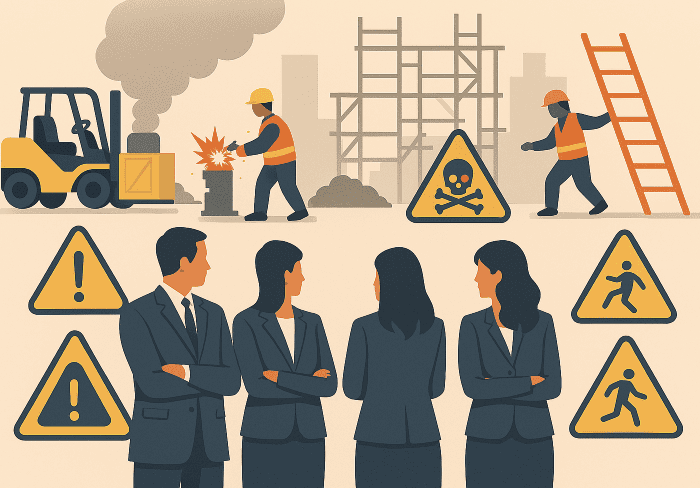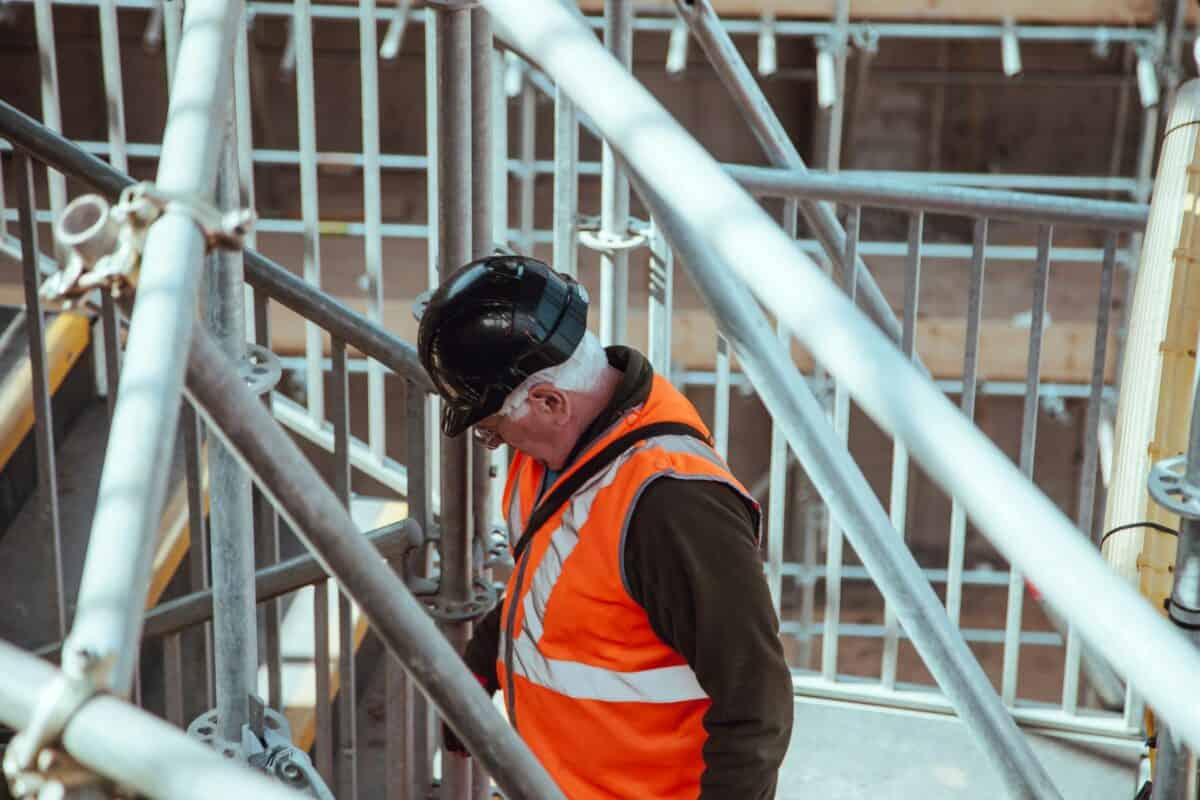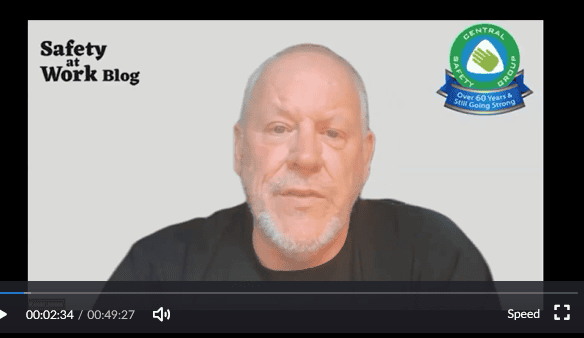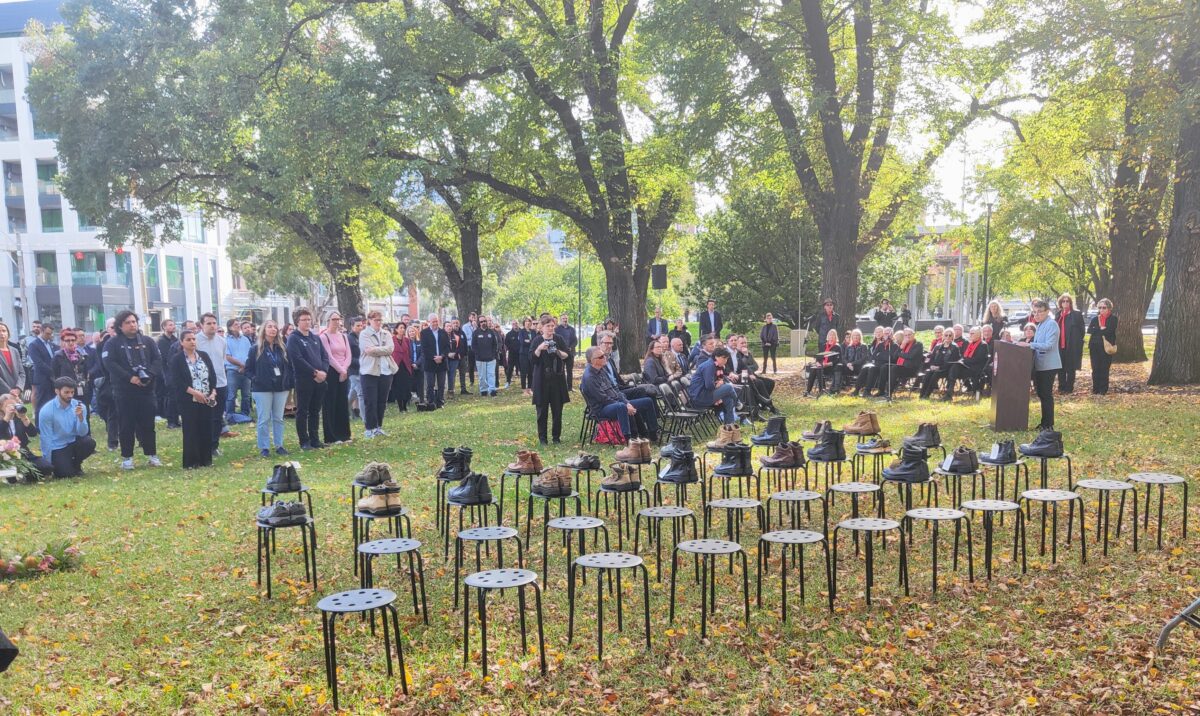In the ongoing debates about workplace safety, a critical question is often left unasked: What are employers doing to ensure safe and healthy work environments, and why are their responsibilities so frequently underplayed in public discourse? Too often, when workplace safety issues arise, the conversation quickly shifts to affordability and government intervention.
Continue reading “Employer Responsibility in Workplace Safety is Being Overlooked”Category: union
Deterrence Delayed, Lives at Risk—Will Victoria’s Leaders Respond?
The Victorian Government has yet to respond to a report on occupational health and safety (OHS) sentencing and penalties that it received over the Christmas period. The longer it takes to respond to the Sentencing Advisory Council recommendations, the more delayed the action required to improve the systems, which can deter employers from ignoring their OHS obligations and the longer unnecessary risks to work health and safety persist.
In 2018, before the introduction of Industrial Manslaughter laws, Dr Gerry Ayres of the CFMEU and I spoke about the importance of deterrence. In that interview, he pointed out that financial penalties fail as deterrents for several reasons:
Confronting Union Thuggery that Undermines Workplace Safety
Militant construction unions in Australia have damaged the relationship between the community and the trade union movement. Although the typical trade union member may be a nurse, a teacher, or a public servant, most would depict a member as a big, aggressive, rude, and domineering man. Australia’s trade union movement is trying to redress this perception, but it cannot progress until it eliminates the unsafe behaviour of the organisers of the Construction Forestry Mining and Energy Union (CFMEU). The Queensland government is set to give reform a red-hot go.
OHS Challenges: Neglected Business Element Faces Profit Conflicts and Misaligned Perspectives
Sometimes you need to stop what you’re doing and reflect. This could relate to life, work, values or more. I was invited to talk to the Central Safety Group (CSG) this week on “Challenging Mainstream OHS Views”, so I stopped, thought, and jotted down some personal opinions to discuss. It was a helpful exercise.
NSW Bickers Over Psych Comp Costs While Ignoring the Cure: Safer Workplaces
Currently, workplace politics in New South Wales are wrapped up in arguing about changes to the way workers’ compensation covers those with a psychological injury. The justification, as it was with similar issues in Victoria last year, is that the growth in workplace mental health claims apparently jeopardises the viability of the workers’ compensation scheme. These arguments exclude the long-term occupational health and safety (OHS) solution to the problem, and it is not as if governments were unaware of this emerging financial challenge.
Workplace safety, AI , and what the Victorian Premier said
Last week’s International Workers’ Memorial Day in Melbourne is stuck in the back of my mind, niggling into my thoughts. I reread the article I wrote at the time and realised that it did not outline what was said by Victorian Trades Hall Council Secretary, Luke Hilakari or the Premier, Jacinta Allan. Below are my takeaways from Hilakari’s speech and a slightly edited transcript of the Premier’s speech.
Mental health, neoliberalism and trade union myopia
The Australia Institute is a progressive (Left-leaning) research institute that recently commemorated its 30th anniversary with a book called “What’s the Big Idea?” Contributors are compatible with the Institute’s ideologies, but some chapters overlap with occupational health and safety (OHS).







